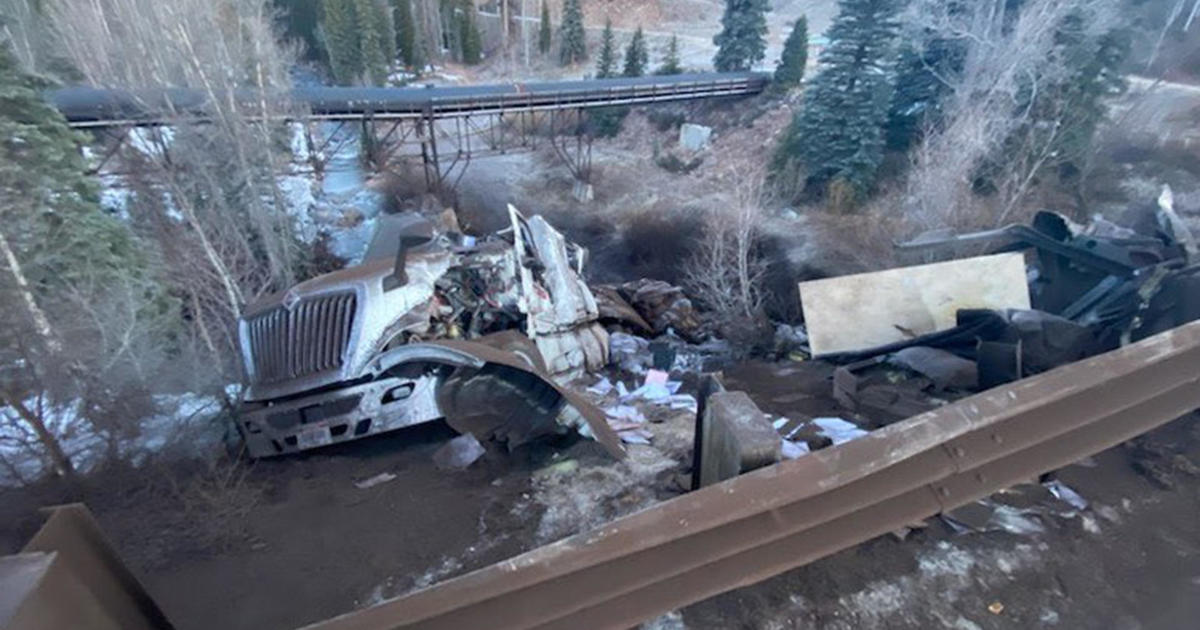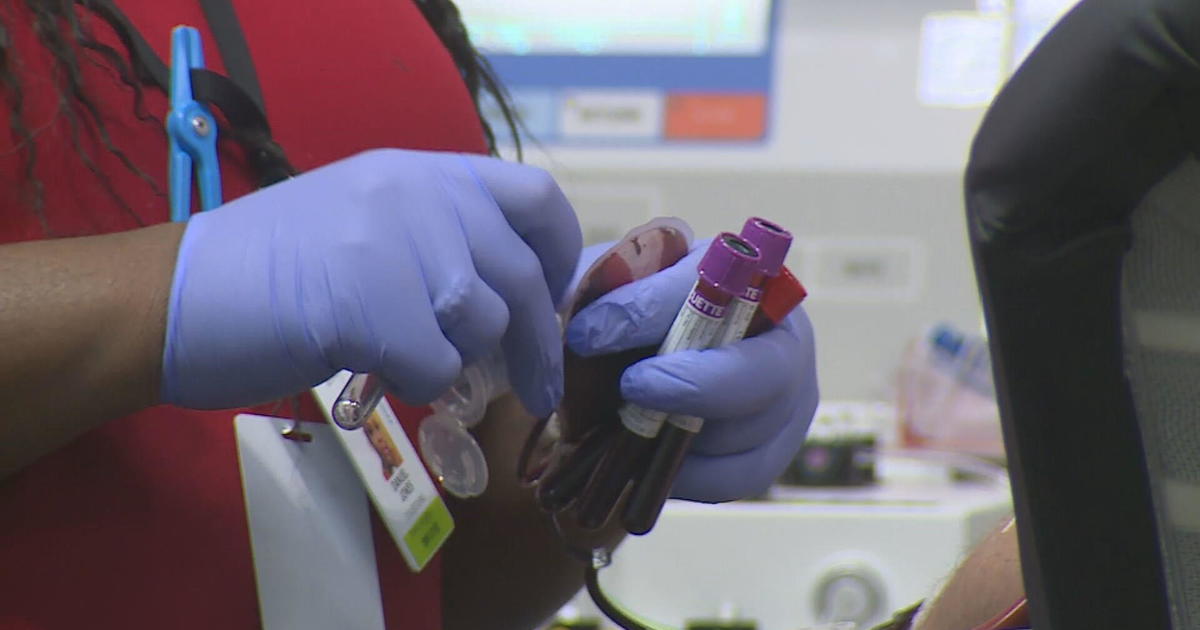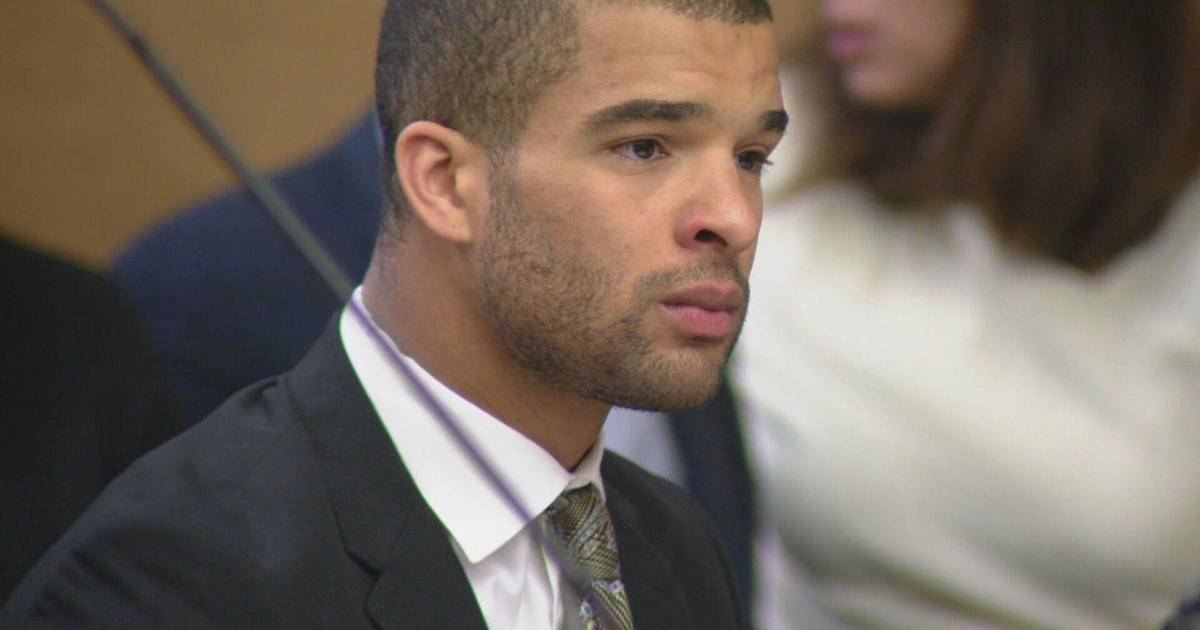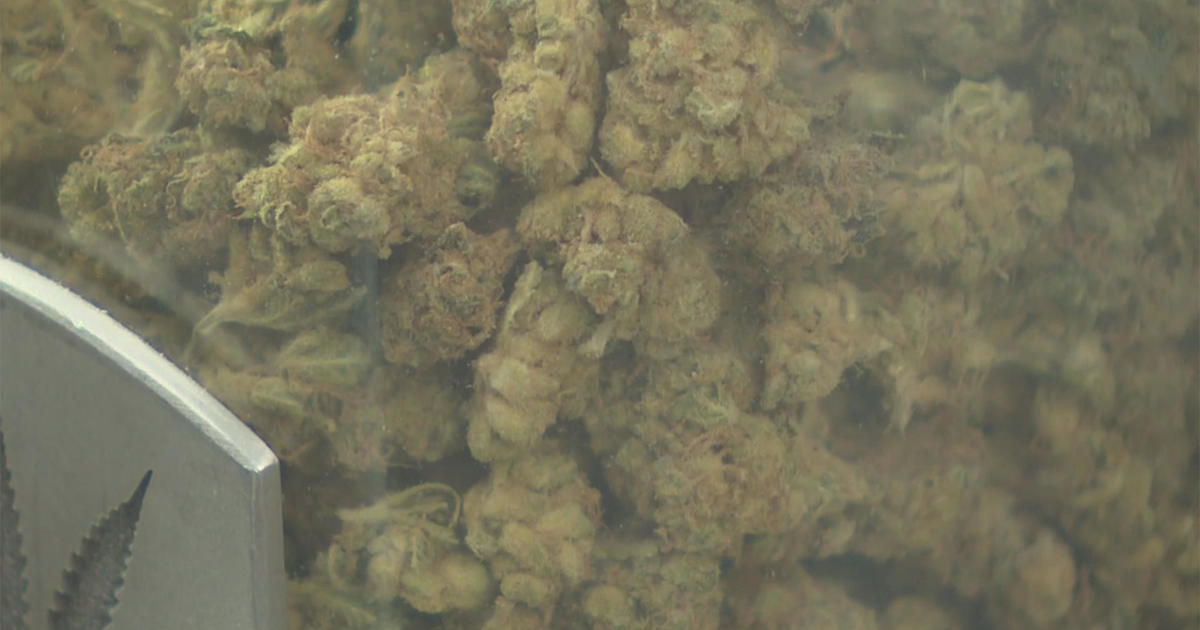Planned Auction Of Items From Reservations Raises Questions
SIOUX FALLS, S.D. (AP) - Tribal leaders are questioning the ethical and legal implications of an auction featuring more than 100 items collected on two Native American reservations, including guns from the site of the 1890 Wounded Knee massacre and a ceremonial pipe that belonged to one of the most respected tribal chiefs.
Bidding for items gathered from the late 1880s through the early 1900s on South Dakota's Pine Ridge and Rosebud Indian Reservations opens June 11 through Dallas-based Heritage Auctions. Similar auctions have spurred condemnation by many Native American tribes whose leaders believe sacred and ceremonial items, such as pipes, should be returned to the tribes, and most recently, prompted the federal government to intervene.
Three guns to be auctioned were salvaged from the site of the Wounded Knee massacre, where on Dec. 29, 1890, about 300 Native American men, women and children were killed by the 7th Cavalry in the final battle of the American Indian Wars. And at the center of the collection is a ceremonial pipe once owned by the legendary Lakota Chief Red Cloud.
"I find it very insulting," said Trina Lone Hill, the historic preservation officer for the Oglala Sioux Tribe. "It was a massacre; it wasn't just a skirmish. It was women and children being killed."
The entire collection belongs to Paul Rathbun, a Colorado resident whose grandfather and great-grandmother gathered the items back when the family owned a general store near Pine Ridge, a sprawling expanse of badlands on southwestern South Dakota and home to the Oglala Sioux. Rathbun said the items have been "sitting in trunks or plastic containers," and he hopes they will end up in the hands of a group or individual who can properly take care of them.
"I'm just a regular person; I don't have a vault or really I guess I don't have the means to care for it the way it should be," Rathbun said. "And there's, of course, a bit of an economic factor."
He added that the collection "has not been a secret over the years" for the tribe, and added that none of the items "were purchased at a disadvantage or taken" from tribal members.
The Native American Graves Protection and Repatriation Act, enacted in 1990, allows tribes to reclaim human remains and objects that are sacred, funerary or of exceptional cultural or historical importance from federally funded museums and research institutions. On Monday, an auction house in Paris withdrew from sale a ceremonial shield from a Native American community in New Mexico, days after the Department of Interior had asked French authorities to prevent the sale.
Rathbun said his grandfather and great-grandmother salvaged the three guns after they arrived at the site of the Wounded Knee massacre and found many of their Native American friends dead. The collection's description explains that Rathbun's grandfather, Raymond, as a teen developed a friendship with Chief Red Cloud, an Oglala Lakota who signed the 1868 Fort Laramie Treaty peace agreement with the United States. Red Cloud gifted to Raymond the ceremonial pipe heading to auction.
However, Lone Hill said, a ceremonial pipe should never be auctioned because it is considered a sacred item. While the auction house's consultants have concluded that the collection can be auctioned, Lone Hill said the tribe will consult with its own attorneys to try to determine whether federal law could prevent the sale.
"I would object to the sale," Lone Hill said. "It would be like me selling any item of the pope, any possession of his or anything from the church. They would say it is a heresy."
- By REGINA GARCIA CANO, AP Writer
(© Copyright 2016 The Associated Press. All Rights Reserved. This material may not be published, broadcast, rewritten or redistributed.)



